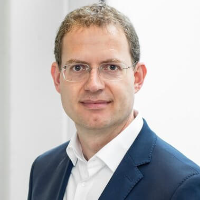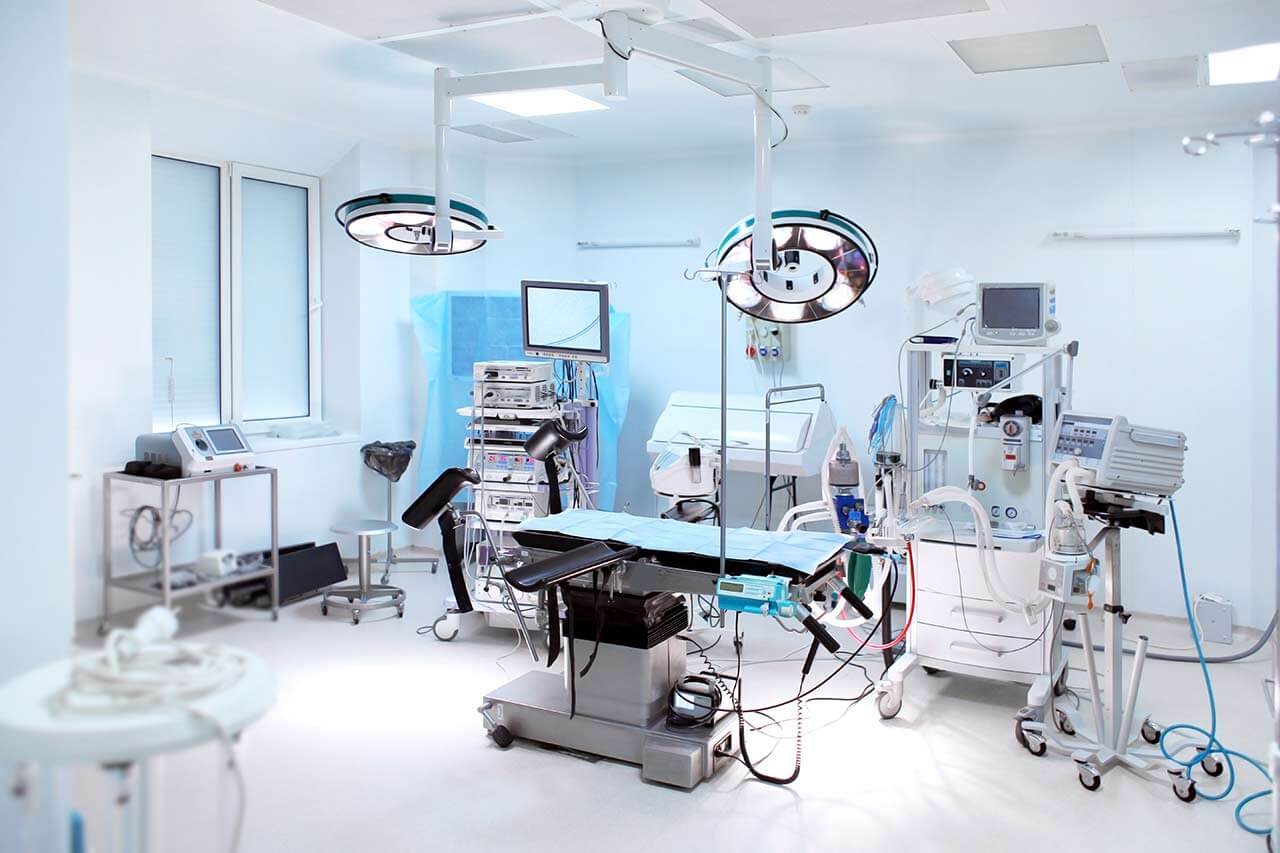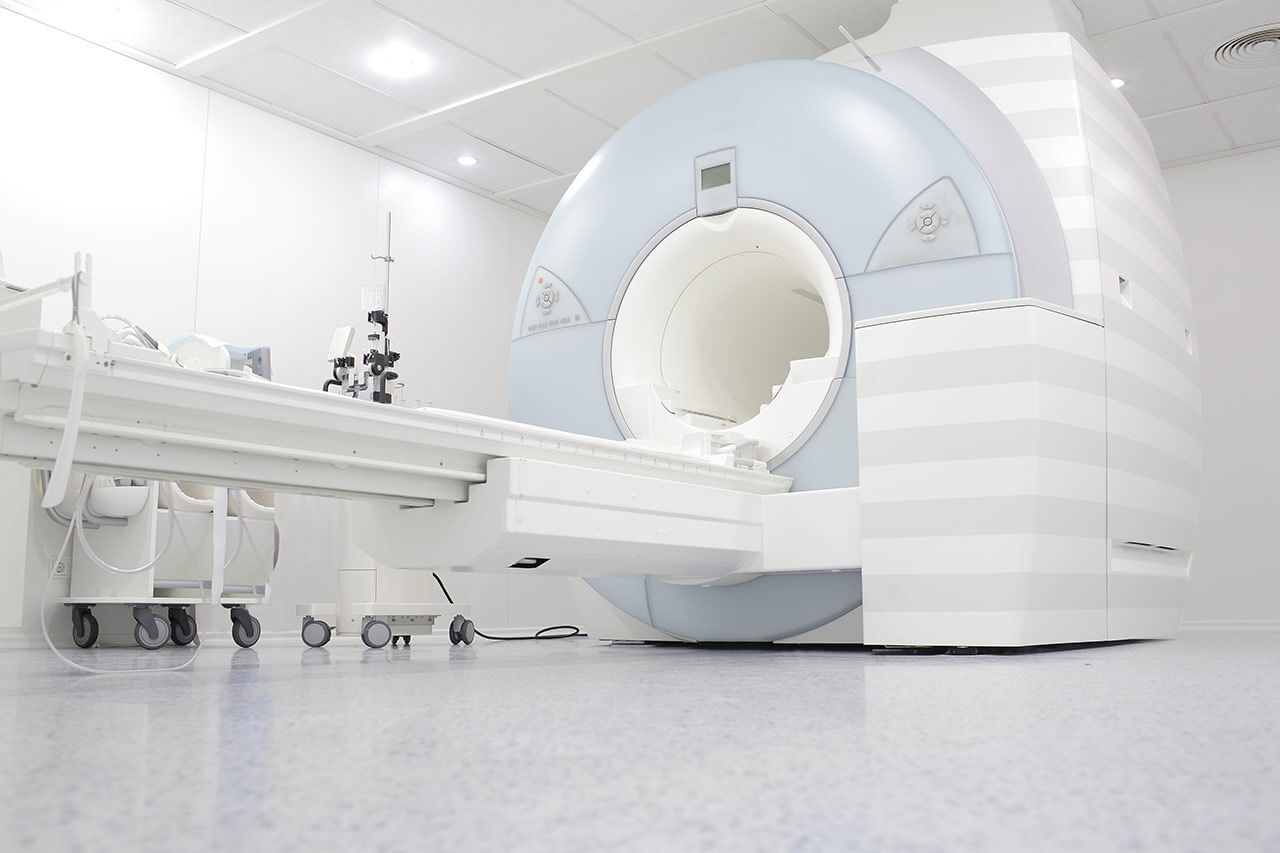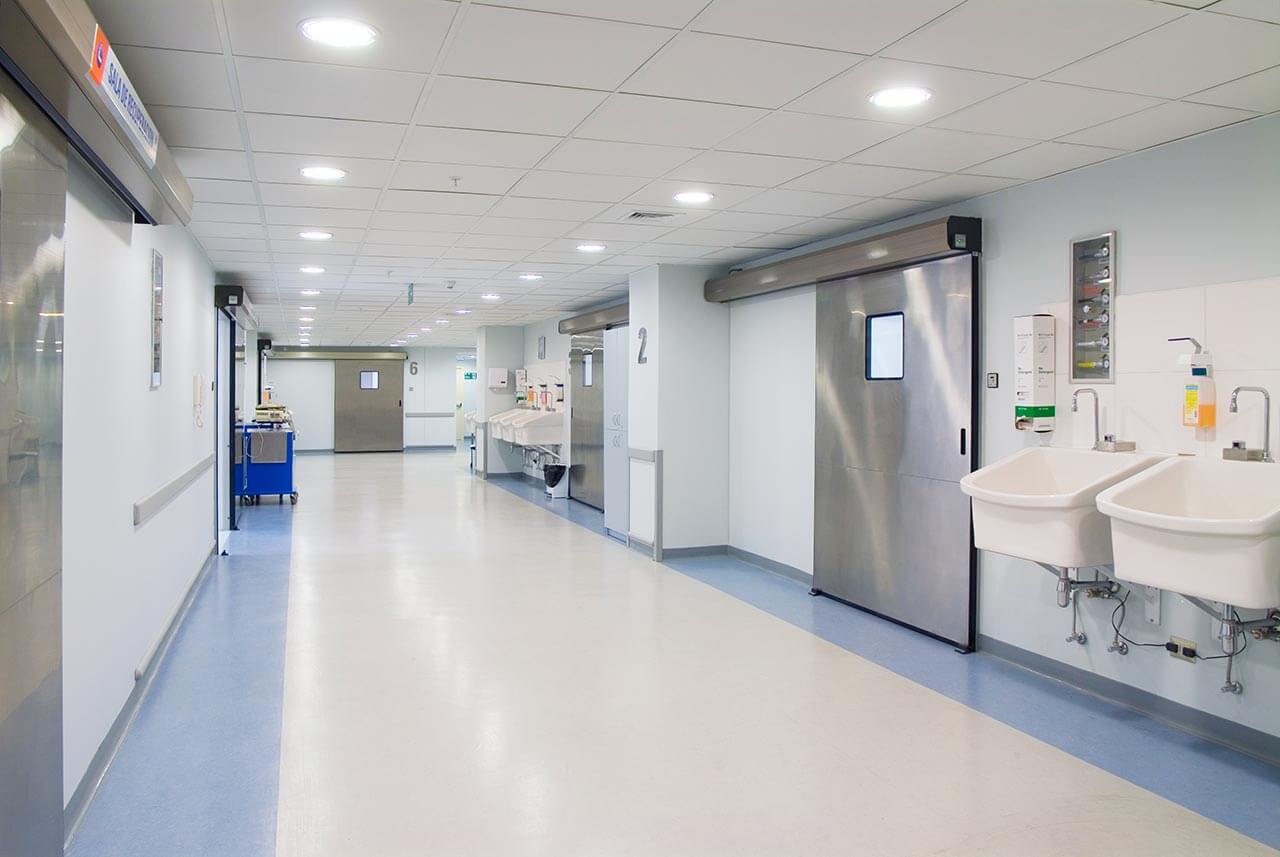
About the Department of Hematology and Oncology at University Hospital Halle (Saale)
The Department of Hematology and Oncology at the University Hospital Halle (Saale) offers comprehensive diagnosis and effective treatment of the entire spectrum of oncological diseases of the hematopoietic system, benign blood disorders, and solid malignancies of various localizations. The primary specialization in the department is blood cancer treatment. The department's doctors have in their arsenal many methods with scientifically proven effectiveness in the fight against cancer: chemotherapy, targeted therapy, antibody therapy, hormone therapy, immunotherapy, as well as stem cell transplantation and innovative CAR T-cell therapy. Treatment tactics are developed taking into account the individual needs and wishes of each patient, thanks to which specialists manage to achieve good results. The department also offers maintenance therapy to alleviate the side effects of the basic course of cancer treatment and palliative care. The department has the status of a Leukemia and Lymphoma Center certified by the German Cancer Society (DKG). In addition, it is one of the few centers in Europe certified according to JACIE standards in the field of bone marrow transplantation. Competent physicians with in-depth knowledge and extensive clinical experience in their specialty care for the health of the patients. The department is headed by Prof. Dr. med. Michael Heuser.
The department specializes in the comprehensive treatment of hematopoietic diseases, both benign and malignant. This includes the management of acute and chronic leukemia, lymphoma, myeloproliferative disorders, myelodysplastic syndrome, and multiple myeloma. The diagnostic process includes a full range of advanced diagnostic examinations such as extensive laboratory testing, cytogenetic and molecular testing, bone marrow biopsy, and comprehensive imaging (X-ray, ultrasound, CT, and MRI) to accurately determine the stage and spread of the disease. Based on the diagnostic results, a personalized treatment regimen is developed, the main component of which are modern chemotherapy protocols. Depending on the clinical case, the department's specialists use innovative treatment modalities, including targeted therapy and immunotherapy, radiation therapy, and advanced CAR T-cell therapy.
In complex cases, a bone marrow transplant is required to treat blood cancer, in particular leukemia and lymphoma. This treatment is performed in a specialized center that is part of the department. It is certified in accordance with the JACIE criteria. The specialists of the medical facility offer both autologous and allogeneic stem cell transplants: in the first case, the patient's own stem cells are transplanted, and in the second, donor stem cells are transplanted. The optimal type of transplantation is determined after a thorough study of the patient's diagnostic results. The bone marrow transplant is performed under conditions of absolute sterility and in accordance with current European clinical protocols, which guarantees the highest chances of success.
The department's medical team has expertise in the treatment of solid malignant tumors of various localizations. The most common of these are colorectal, gastric, liver, lung, skin, breast, uterine, ovarian, prostate, and bladder cancers. The department's oncologists specialize in the systemic treatment of malignant diseases using chemotherapy, antibody therapy, immunotherapy, and other methods. The duration and intensity of treatment is determined by the attending oncologist, depending on the type of cancer, the stage of the oncological process, the patient's general condition, age, and other factors. Oncologists work hand in hand with radiation therapists, surgeons, and doctors of other specialties, because defeating cancer requires comprehensive treatment that combines several types of therapy.
A special offer of the department is CAR T-cell therapy, an innovative type of cell therapy. This treatment is indicated for patients with lymphoma, acute lymphoblastic leukemia, and multiple myeloma. The essence of CAR T-cell therapy is as follows: the patient's T-cells are collected and then genetically modified in the laboratory by introducing a chimeric antigen receptor (CAR) into the genome to destroy cancer cells. Before CAR T-cells obtained in the laboratory are infused into the patient's body, chemotherapy is administered to create optimal conditions for the immune cells to proliferate in the body. Once in the patient's body, the CAR T-cells independently recognize cancer cells and purposefully destroy them. CAR T-cell therapy has proven its high efficiency in multiple clinical trials and is currently considered one of the most promising treatment methods in oncology. It should be noted that this treatment is only available at leading cancer centers in Europe.
The department's clinical focuses include the following:
- Diagnostics and treatment of malignant diseases of the hematopoietic system
- Acute and chronic leukemia
- Lymphomas
- Myeloproliferative diseases
- Myelodysplastic syndrome
- Multiple myeloma
- Diagnostics and treatment of benign diseases of the hematopoietic system with a special emphasis on blood clotting disorders
- Hemophilia A and B
- Von Willebrand disease
- Rare forms of coagulation factor deficiency and platelet dysfunction (thrombocytopathies)
- Diagnostics and treatment of solid malignant tumors
- Gastrointestinal cancer
- Urinary cancer
- Lung cancer
- Breast cancer
- Female reproductive system cancer
- Male reproductive system cancer
- Skin cancer
- Head and neck cancers
- Bone and soft tissue sarcomas
- Diagnostics and treatment of other hematological and oncological diseases
Curriculum vitae
Prof. Dr. med. Michael Heuser took up the post of Head Physician of the Department of Hematology and Oncology at the University Hospital Halle (Saale) and became W3 Professor for Oncology and Hematology at the Faculty of Medicine of the Martin Luther University Halle-Wittenberg in 2024. Prof. Heuser is a board certified specialist in internal medicine, hematology, and oncology, and has additional qualifications in hemostaseology, genetic counseling, and laboratory diagnostics. Dr. Michael Heuser focuses on the diagnosis and treatment of leukemia, lymphoma, benign blood disorders, and solid malignancies.
Prof. Heuser completed his medical training at the University of Berlin and the University of Heidelberg, followed by specialized clinical training at the Hannover Medical School. Dr. Michael Heuser gained invaluable experience during a three-year postdoctoral fellowship at the German Cancer Research Center in Heidelberg, the Hannover Medical School, and the British Columbia Cancer Agency in Vancouver, Canada. Upon his return to Germany, he accepted the position of the Head of the Max-Eder Junior Research Group at the Hannover Medical School. In 2015, Dr. Heuser was appointed W3 Professor at the Hannover Medical School and received a grant from the European Research Council (ERC). From 2018 to 2024, he worked as a Managing Senior Physician in the Department of Oncology and Hematology at the Hannover Medical School.
Memberships in Professional Societies and Organizations
- Chairman of the European LeukemiaNet MRD ELN-DAVID Working Group.
- Chairman of the Acute Myeloid Leukemia Guidelines Committee of the European Society for Medical Oncology (ESMO).
- Member of the Committee for the Development of Guidelines for Acute Myeloid Leukemia of the German Society for Hematology and Medical Oncology (DGHO).
- American Society of Hematology (ASH).
- European Leukemia Network (ELN).
- German Society for Hematology and Medical Oncology (DGHO).
- German-Austrian Acute Myeloid Leukemia Study Group.
- German Myelodysplastic Syndrome Study Group.
Photo of the doctor: (c) Universitätsklinikum Halle (Saale)




